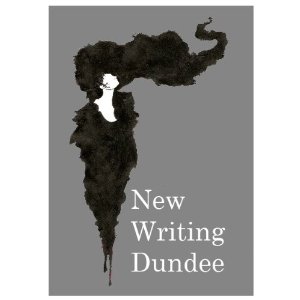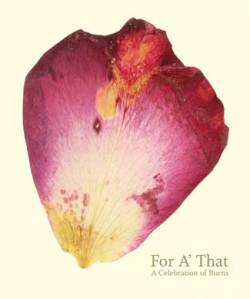This poem first appeared in New Writing Dundee 6 (Ed. Karen Graham)
When I was a little savage,
the heather biting my calves
and my shins raw as meat,
I was myself.
When I became a lady
I bore marriage, babies,
breaking my own heart out of spite,
throwing myself into thunder claps
until my lungs packed up
and the house devoured me.
The woodworms munched my bones
clean, my tiny spirit hands
grasping at cracked glass,
wanting to get in where I
had always wanted to get out.
I wander, sleepless, in a daze,
calling his name, searching for
his broken teeth in the dark
as the moths gather round me.
There are other girls here too,
girls in many different dresses,
breasts swollen with milk,
bands heavy on their fingers.
We were all somebody’s daughter once,
and we were all terribly,
terribly civilized.







